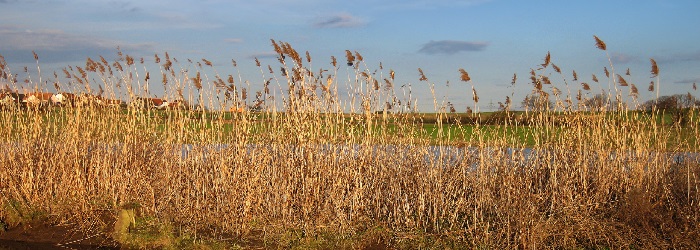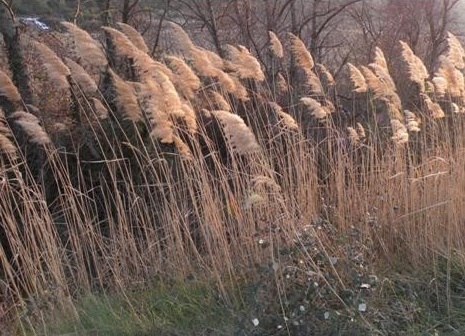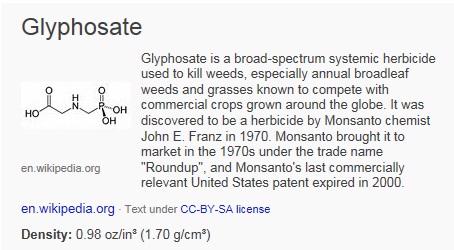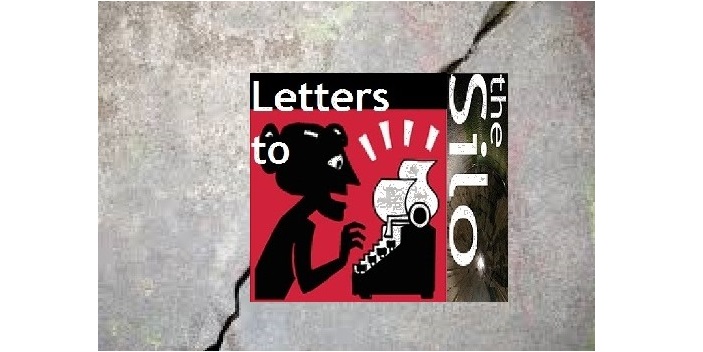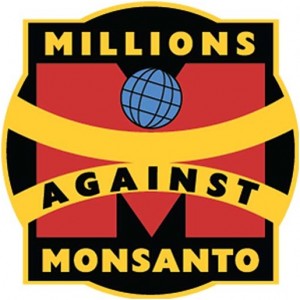Portions of the Snyder’s Flats Conservation Area will be closed to the public during the week of Sept. 29 while a herbicide is used to control an outbreak of phragmites, an invasive plant species.
Signs will be posted in the parking lot at the entrance to the property on Snyder’s Flats Road near Bloomingdale. The affected sections of the trail network within the conservation area will be marked as closed.
Staff of the Grand River Conservation Authority will be applying the herbicide glyphosate, which is better known by the trade name Roundup. The herbicide has been widely adopted by conservation organizations as a safe and effective way to remove invasive species.
The work is scheduled to be done on Monday, Sept. 29 and Tuesday, Sept. 30. The affected areas will be posted for a day after the herbicide is applied. There is a potential that the work could be delayed if there is heavy rain or high winds.
In most areas, the herbicide will be applied by hand to individual plants. Some larger outbreaks will be tackled with backpack-style sprayers.
Phragmites australis, also known as European common reed, is a species that came to North America from Eurasia. According to Ontario’s Invading Species Awareness Program, the plant spreads quickly and out-competes native species for water and nutrients. It releases toxins from its roots into the soil to hinder the growth and kill surrounding plants.
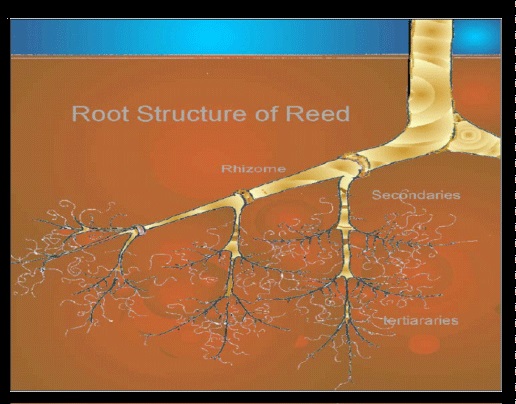
In taking over from native plants, it also reduces the habitat available to wetland wildlife species including birds, turtles and other amphibians and reptiles.
GRCA staff hope that by reacting quickly to its presence they can keep it from spreading throughout Snyder’s Flats and to other properties.
The work at Snyder’s Flats is part of the GRCA’s long-term program to return the former gravel pit area to a natural state that is home to a wide variety of plant, bird and animal species.

